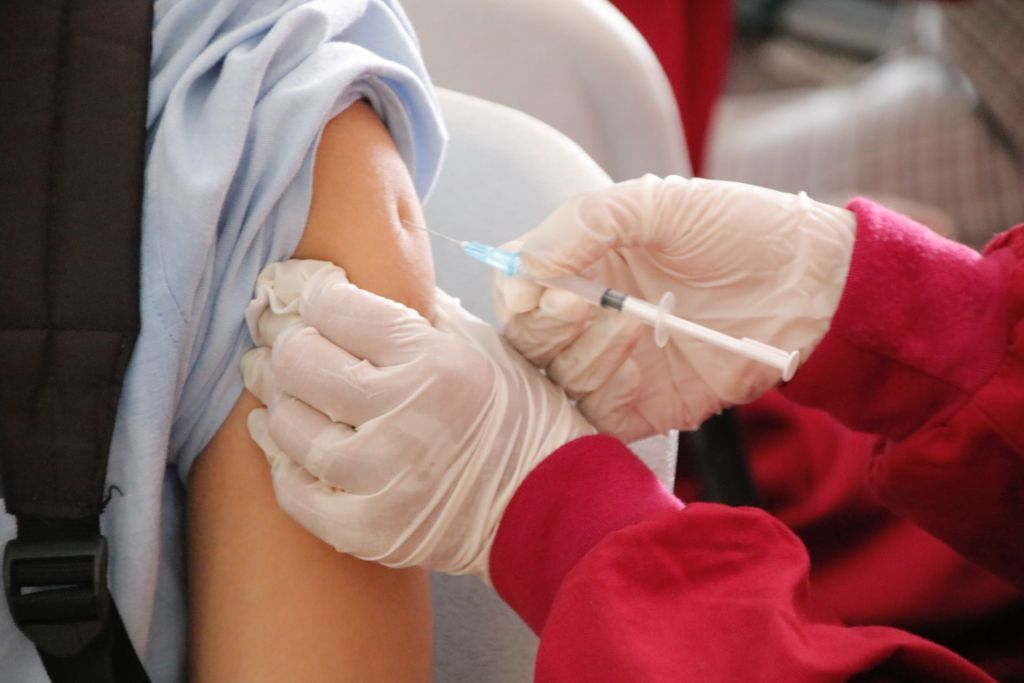Heads of the leading travel and tourism associations react to U.S. President Donald Trump’s travel suspension from Europe to the United States of America.
U.S. President Donald Trump announced a 30-day suspension of travel by non-US citizens from Europe’s Schengen Zone to the United States. This is in an effort to curb the spread of the coronavirus. Trump said the European Union had “failed to take the same precautions” as the U.S. had implemented to contain the coronavirus outbreak.
Update: President Donald Trump announced Saturday (March 14) he will expand his European travel ban to include the United Kingdom starting Monday night in effort to curb the spread of coronavirus. He said he is weighing domestic travel restrictions as well.
The European Travel Commission (ETC), the European Tourism Association (ETOA), United States Tour Operators Association (USTOA) and the European Travel Agents’ and Tour Operators’ Associations (ECTAA) consider this ban not evidenced based and adding more confusion to a beleaguered industry that will likely add more losses to its already-damaged business with long term consequences for the future recovery of jobs and economic growth.
Supporting the official statement from the EU institutions, Eduardo Santander declares (CEO European Travel Commission) “The coronavirus is a global crisis, not limited to any destination and it requires cooperation rather than unilateral action. Planes fly from A to B and B to A, the European tourism sector disapproves this unilateral travel ban without any consultation which will equally affect travel and tourism businesses and citizens at both sides of the Atlantic.”
“The President’s statement is puzzling” said Tom Jenkins (CEO of ETOA). “Having downplayed the significance of the crisis – for which there is some argument – he then stigmatizes an entire continent. This is a global crisis and we need global understanding. As it stands this move disproportionately damages inbound tourism to the US and punctures confidence in Europe as a destination. Fear is more damaging and spreads faster than a virus”.















